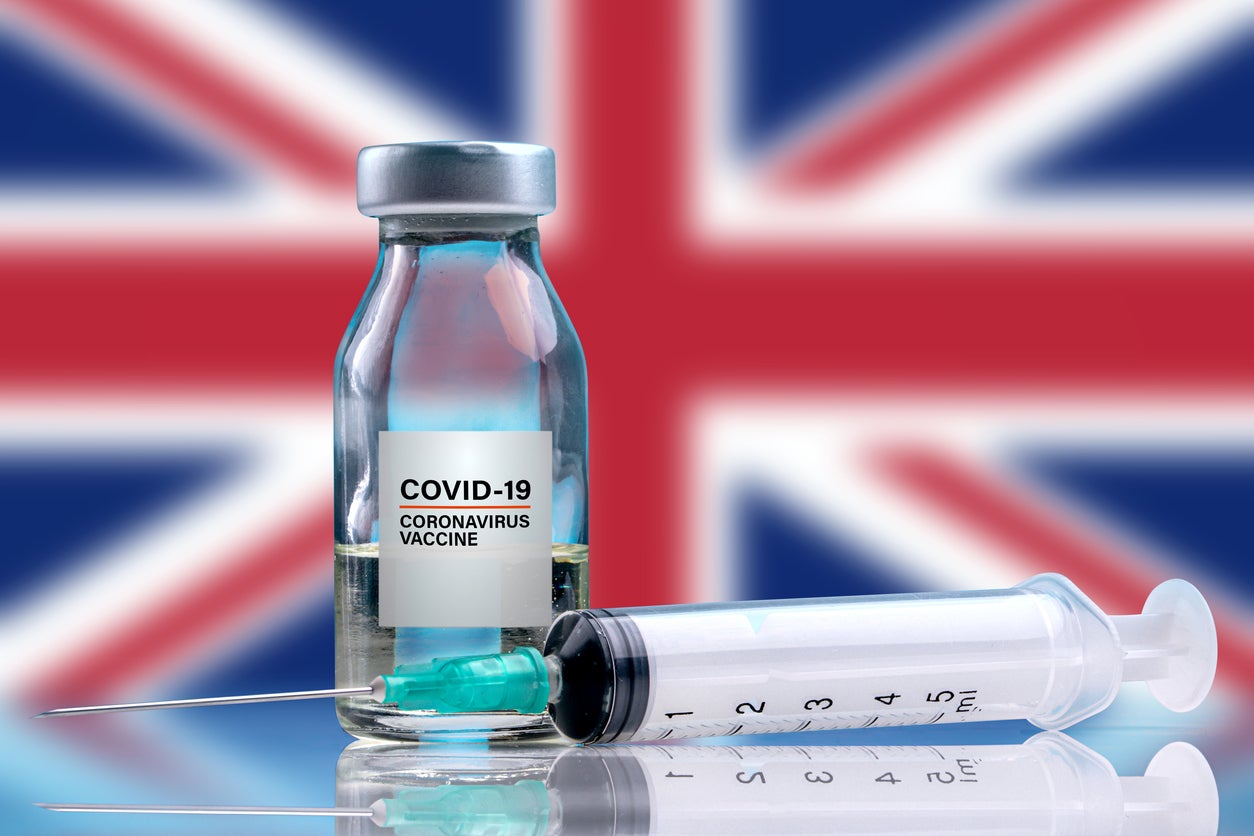Despite vaccines slowing the spread of coronavirus, we cannot get complacent
Editorial: The rollout has been a success but the government has a responsibility to help Covid-positive carriers who are ignoring self-isolation due to patchy financial support

Less than two months after Margaret Keenan, 91, became the first person in Britain to be vaccinated against coronavirus, some 10 million people have joined her in that happy band. It is a tribute to international scientific collaboration and the expertise of the NHS and the armed forces in making sure it reaches the right people at the right time.
It would be churlish not to acknowledge the efforts of the vaccines task force and the government minister responsible for the programme, Nadhim Zahawi. There have been some grievous failures in the official response to the pandemic, errors of judgement that have left Britain with the worst proportionate Covid-19 death toll in Europe; but credit where it is due.
Indeed, ministers and the nation were treated to two pieces of good news after the sad passing of national hero Captain Sir Tom Moore. The vaccination programme is not only on target, but the AstraZeneca vaccine appears to slow the overall spread of the coronavirus. So, while some of the new variants are more infective than the original virus, the vaccine is able to counter this, at least to some extent. With the vaccine reaching more people, the R rate of transmission will be lower than it otherwise would be, even more lives will be saved, and the economy can reopen sooner.
That, though, is no reason to be complacent, because the virus is constantly evolving and doing so to evade the vaccine, as is the way of natural selection. It is all the more dispiriting that there is still no satisfactory financial support for those who have Covid-19, and who know they have it because they have tested positive, and yet are not self-isolating, often because they can’t afford to stop working.
This is not a trivial concern, even though it is often treated as some sort of afterthought. During another unsatisfactory performance before the Commons select committee on Covid-19, Dido Harding eventually conceded that thousands of people who are known coronavirus carriers are mixing freely in the community. Under questioning from the former health secretary Jeremy Hunt, Baroness Harding put the figure of coronavirus spreaders at 20,000 a day. That is one very important reason why Britain’s death rate is as high as it has been.
The media focus on illegal raves and errant dog walkers distracts from the cause of this mass infection. The meagre rates of sick pay and generally patchy support for the likes of freelancers are pushing too many people into doing the wrong thing. The more Covid-positive people who go to work, sometimes without showing symptoms, the more damage will be done to the efficacy of the vaccine.
The fact that such a substantial vector of infection – Covid-positive carriers ignoring self-isolation – has been tolerated for so long is one of the great mysteries of the pandemic. It is difficult to believe that nothing more could have been done, beyond sloganising, to encourage people carrying the virus to stay home and save lives.



Join our commenting forum
Join thought-provoking conversations, follow other Independent readers and see their replies
Comments